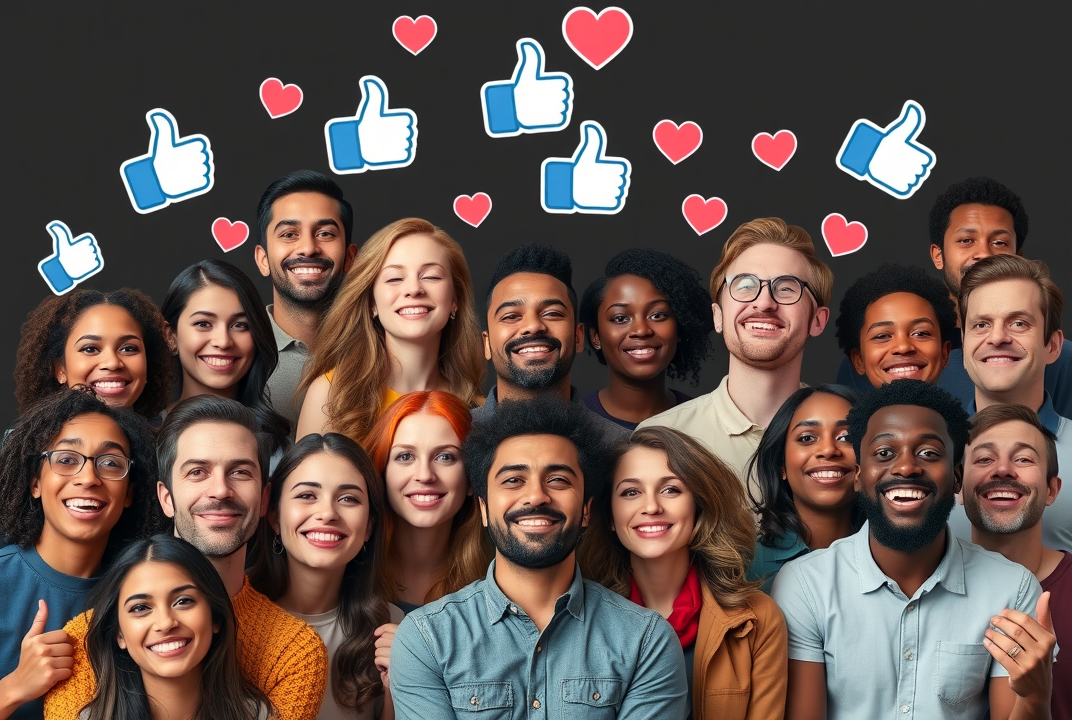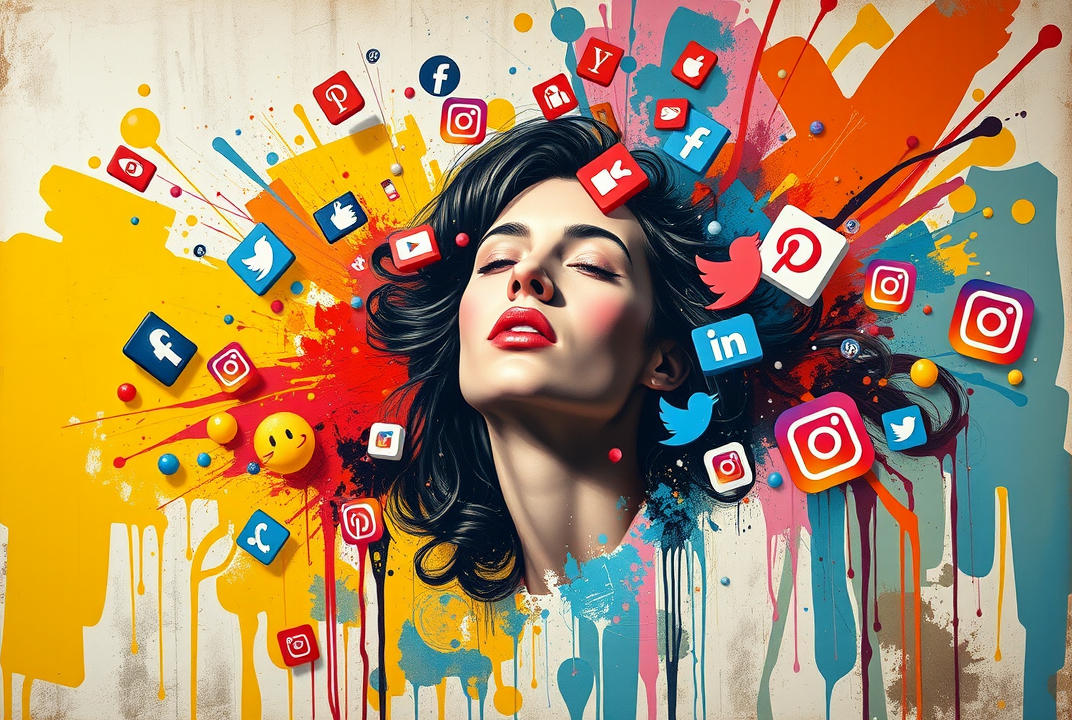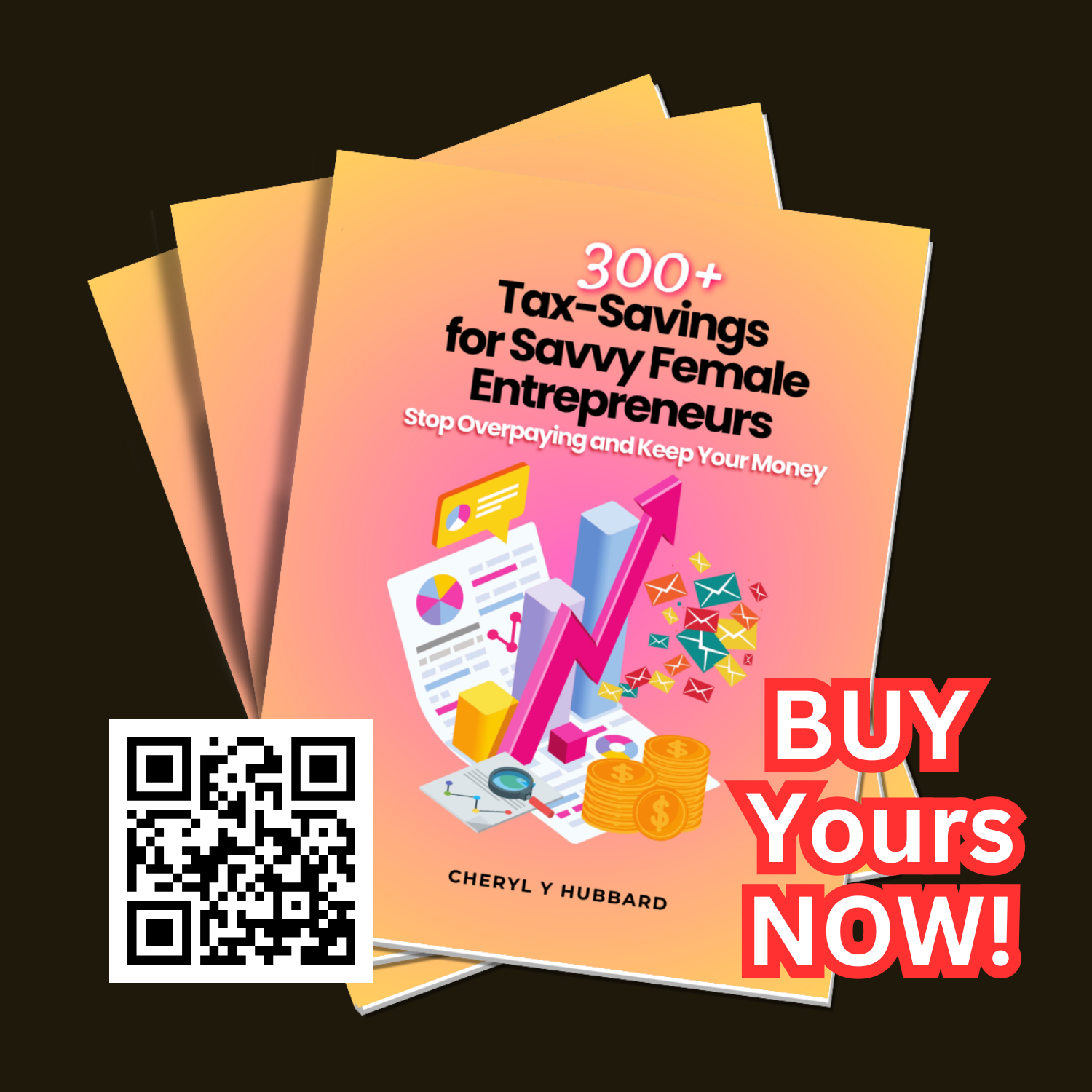Seeking Recognition: The True Value of Validation

Are Recognition and Validation Killing Your Mojo?
Recognition and validation might be buzzwords of the modern age, but have you ever stopped to think about whether they are helping or hurting? We live in a world that's constantly asking for likes, shares, and retweets, and it’s leaving many wondering what's genuinely valuable.
Understanding recognition and validation goes beyond social media metrics. They symbolize a deep-rooted human necessity that influences our behavior daily. Here’s what you’ll gain from this exploration:
-
Insight into how recognition influences personal satisfaction.
-
Understanding the difference between healthy validation and harmful validation-seeking behaviors.
-
Tips on finding fulfillment beyond external approval.
Recognition: A Double-Edged Sword
Recognition can be a blessing and a curse. On one hand, being recognized can be incredibly motivating. Think about receiving praise from a supervisor or applause for a job well done—but there's also a darker side.
Motivation or Addiction?
Peter, a talented artist, found himself constantly chasing accolades. Each piece of art not only had to sell but also to garner praise online. His inspiration shifted from personal expression to appeasing others. Studies even suggest that the cravings for recognition can mirror addiction. Are we just fueling a never-ending cycle?

The Validation Trap
Validation climbs to new heights in the digital sphere. A decade ago, validation might have come from a nod at a meeting, now a thumbs-up emoji measures it. Does this shift help us, or are we facing problems growing from faceless praise?
Is It Just About Us?
Surprisingly, seeking validation isn’t always selfish. It can also be about belonging. Phil, a community volunteer, found immense satisfaction receiving community feedback because it confirmed his work’s impact.
Navigating the Recognition Maze
Striking a balance between self-worth and validation from others can be challenging. What are the healthy practices to ensure recognition doesn't overshadow personal values?
Building Internal Satisfaction
Rather than seeking constant acknowledgment, focus on self-recognition. Start small. Celebrate personal achievements such as completing a project or learning a new skill without needing others' approval.
-
Set personal goals independent of others' approval.
-
Keep a journal to revisit your accomplishments.
-
Find a mentor who values growth over praise.
Community Connections
Recognition and validation in a community aren't inherently negative. The connections formed can be incredibly powerful. Look at platforms like LinkedIn where endorsements are about networking and sharing skills, rather than shallow praise.
-
Engage with professional groups.
-
Volunteer and share expertise locally.
-
Join interest-specific forums, contributing with expertise rather than expecting praise.

The Difference Between Genuine and Forced Validation
Are you able to distinguish between meaningful validation and validation that feels contrived?
Finding Genuine Connections
Tracey, an educator, found that genuine validation came from her students' success rather than her own metrics. Are there areas in your life where validation feels real? Recognize and foster them.
Enjoy the Silence
Oddly enough, validation may come when least expected. Allow silence to reveal what validation you truly need. Focus on your own voice amid noise.
When Is Seeking Recognition Too Much?
When does the pursuit of recognition and validation become detrimental rather than beneficial?
Recognizing Overreliance
An overreliance on recognition pivots priorities. Constantly asking ‘How do I measure up?’ can cloud judgments and decisions.
A Healthy Perspective
Appreciate recognition but don’t let it overpower self-worth. Have a healthy view of your strengths, not just what others say. Learn from setbacks, they offer objectives beyond validation.
Conclusion: Rewrite Your Recognition Narrative
Recognition and validation can be a powerful ally or a relentless critic. Define what they're worth to you. Whether in your personal or professional life, finding value beyond the need for external approval can open a world of possibilities.
No longer let recognition and validation steer you. How will you create self-compassion and community connection that stays true to your values? Prioritize the internal over the external, and explore the profound impact of recognition that truly matters.
